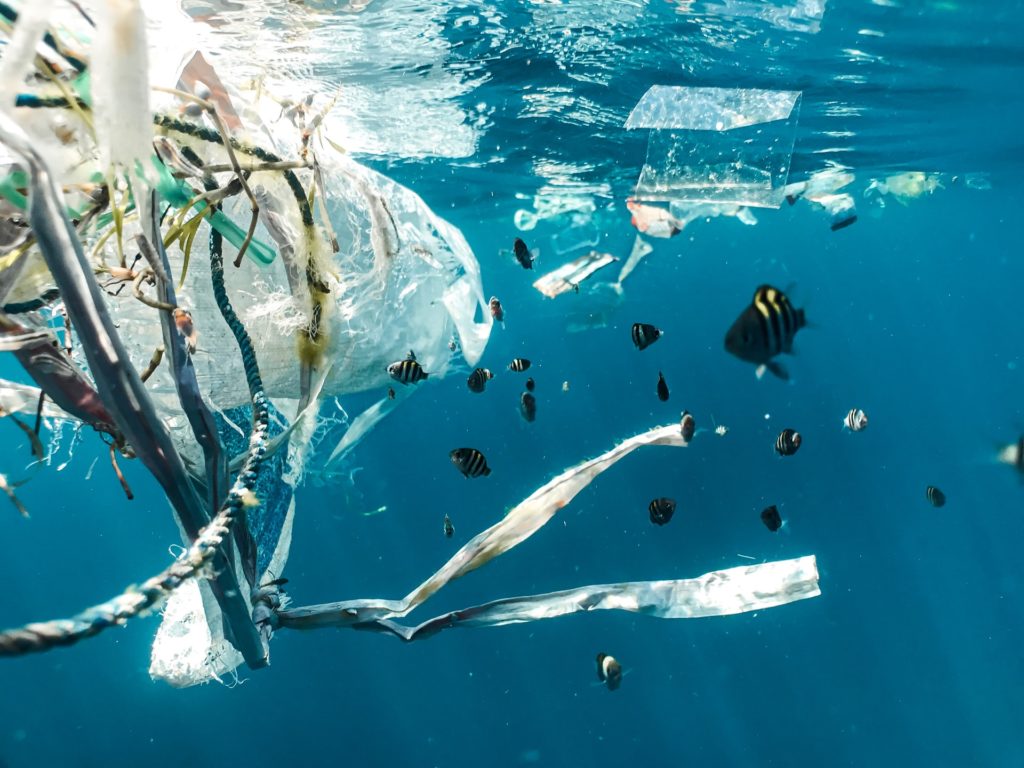Belgium has decided to join the Ocean Plastics Charter, an initiative that aims to bring together governments, businesses and civil society organizations under a commitment to a more resource-efficient and lifecycle approach to plastics stewardship on land and at sea.
Prime Minister Alexander De Croo informed Canadian Prime Minister Justin Trudeau of Belgium’s decision to join the charter during their meeting on Tuesday afternoon, during which climate and ocean conservation was discussed.
“This commitment represents a further step by the Belgian government to combat plastic and other forms of marine pollution,” said Belgium’s Federal Environment Minister Zakia Khattabi (Ecolo).
“It also confirms our intention to act in line with the European Union's plastics strategy and to ambitiously transpose the EU directives on regulation, notably on the single use of plastics.”
The Ocean Plastics Charter came into being three years ago and was initially adopted by Canada (which spearheaded the initiative under its 2018 G7 presidency), France, Germany, Italy, the United Kingdom and the European Union. The United States and Japan abstained.
Some of the bigger commercial signers of the charter are Ikea, Nestle, PepsiCo, Walmart, the Coca-Cola Company and Volvo Car Group.
“Belgium has been playing a key role in ocean conservation internationally for some time,” said a press release from De Croo’s cabinet.
“Two years ago, our country organised the international conference ‘Climate Change and Oceans Preservation’ in Brussels, which was the first high-level meeting to bring together negotiators on climate change and the ocean.”
There, over 40 countries signed the ‘Brussels Declaration,’ which aims to bring together “all initiatives to keep the marine ecosystem in balance.”
The federal coalition agreement focuses on the fight against plastic soup and marine litter, according to the statement.
Belgium is also considered one of the Blue Leaders, which is a group of countries and organisations dedicated to protecting oceans.
Earlier this year, the European Parliament urged the EU to take drastic action against marine litter, citing reports that show it poses a serious threat to a number of marine animal species.

